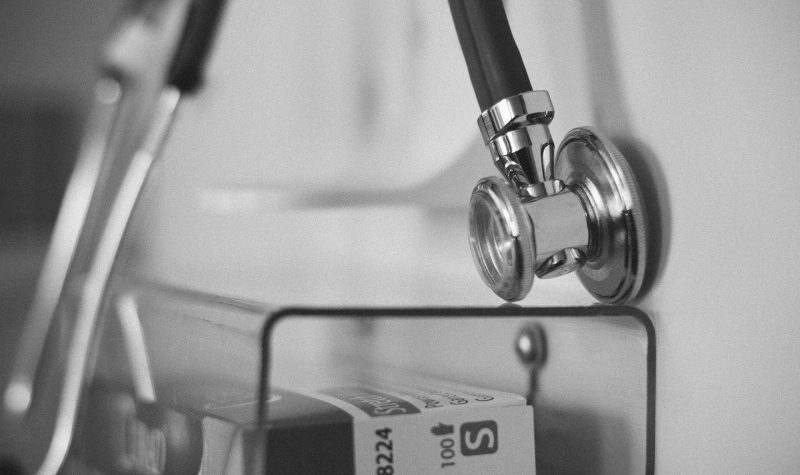While many Nova Scotians are familiar with the direct correlations between smoking and cancer, a Halifax oncologist is raising awareness about the effects of alcohol and its relation to cancer.
"I don't think a lot of people realize the cancer risk with this. In 1960, 50 per cent of the population smoked, it's now down to only 10 per cent of the population. You know, obviously, smoking is a much much higher risk than alcohol but by decreasing our alcohol consumption, we can lower the risk of cancer," said QEII Oncologist Dr. Bruce Coldwell.
Provincial statistics show that 74.0–80.7 per cent of Nova Scotians are current alcohol drinkers, 5.4–10.4 per cent have never been drinkers, and 13.8–16.9 per cent are former drinkers.
Coldwell said there is evidence that alcohol itself is a carcinogen, meaning a substance that causes cancer.
"There is also evidence that the oxidation caused by alcohol increases the risk of cancer. There is evidence that alcohol also increases estrogen in your body, which is a risk factor for certain types of cancers. So the answer is 'yes, it does.' It does cause cancer," said Dr. Coldwell.
Two of the most common types of cancer associated with alcohol consumption are colon and breast cancer. Other types of cancer occur in the neck, stomach, liver and other organs, according to Coldwell.
"I don't know the exact statistics but I know that Nova Scotia do drink more, compared to the other provinces in Canada. So it's a higher consumption than the western provinces," he said.
He added that some preventive measures would be to use alcohol in moderation.
"We try to avoid carcinogens, we don't hang around where there's a high amount of air pollution. So if you drink alcohol, and you limit it to less than two drinks a week, that is a low risk. If you drink between three and six drinks a week, it's a moderate risk. That's increasing your risk tenfold. So obviously, decreasing the amount of alcohol you drink will decrease the risk for cancer," said Dr. Coldwell.
Listen to the full interview below:


